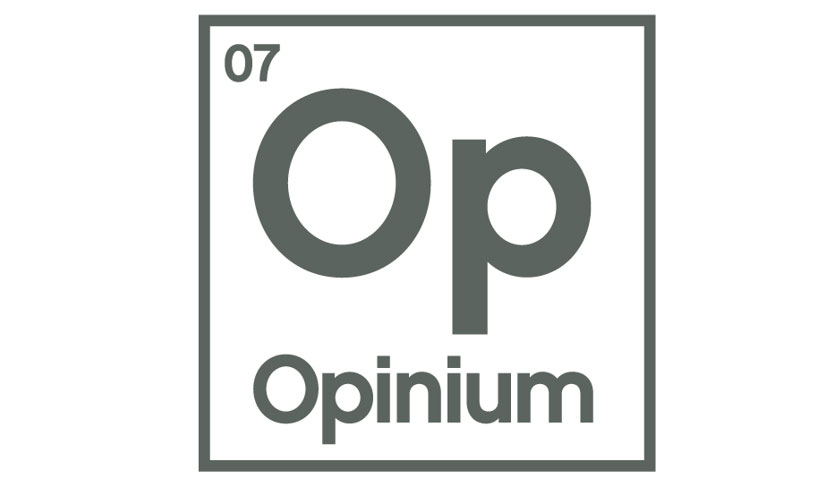By Kendall Knight, Opinium
‘If’ and ‘when’ to ‘what’
‘If’ or ‘when’ are no longer the questions being asked about AI’s implementation in market research. AI is here and increasingly present in the day-to-day practices used to collect, handle and analyse data.
For consumers, the question therefore changes from ‘if’ and ‘when’, to ‘what’. Namely, ‘what does this mean for me and my data?’
Regardless of industry, the potential impact of AI on humans raises concern and the ‘what’ question becomes even more prominent. For market research, a sector in which just 1 in 5 consumers (19 %) trust the organisations within it to collect and process personal data and 76 % are concerned that their personal data might be misused, answering this question carefully is fundamental to keeping faith high.
This is more pressing still since it has come to light that nearly half (47 %) feel the use of AI in market research decreases their trust in the industry.
The problem presented for industry professionals is therefore a double-edged sword: AI is key to keep up with a rapidly changing landscape that demands efficiency, accuracy and automation of vast quantities of data. But it risks trust in market research practices and technology.
Promoting the education piece
Answering consumer questions and educating audiences on AI is essential to boost trust in market research processes and the industry itself. Problematically, promoting the benefits of AI and how it improves market research and data quality alone does not generally increase trust in the technology.
Upon seeing statements around the benefits of AI, trust in market research companies making these claims increased for just 16 % of respondents. These same statements also reduced levels of trust for more than 1 in 3 (35%) and stayed the same for another third (36%). Such statements ranged from the positive effects of AI on speed to tackling human-bias.
Adding the human touch
While we should continue promoting AI’s benefits, in tandem we must go back to the fundamentals, focusing on what AI really is and how it is used in order to remove fear of the unknown. After all, AI has become a buzzword largely devoid of meaning and it is easy to forget that it is a tool just like any other: it’s how humans utilise AI that makes it effective.
AI is a technology that uses algorithms to learn from large amounts of data, process patterns and produce its own findings based on this. That’s why in market research it can automate questions through chatbots, identify themes in vast data sets or conduct sentiment analysis on qualitative data.
However, the process still requires human input and perspective to provide nuance and industry-specific knowledge in a way that machine learning cannot. Market researchers must combine AI analysis with their own insight to give context to findings. It is human interpretation of AI that produces the most powerful results and tech alone should not be left to provide answers.
Humans also have the power to control data security risks that may come with AI and can put policies in place to quash threats that arise. Whether this is adding opt-in questions for respondents taking surveys that rely on AI, heightening GDPR regulations around the use of personal data during AI processes, or even ensuring that market research companies create rules around acceptable use cases for AI and what AI tools can be used during analysis.
Perhaps then, the first question that should be answered is not ‘what does AI mean for me and my data?’ but ‘what really is AI?’ and ‘how are humans utilising it?’. The key to building trust in AI and the research industry as whole is teaching that AI empowers us but only as long as we empower it.
Kendall Knight, Opinium

